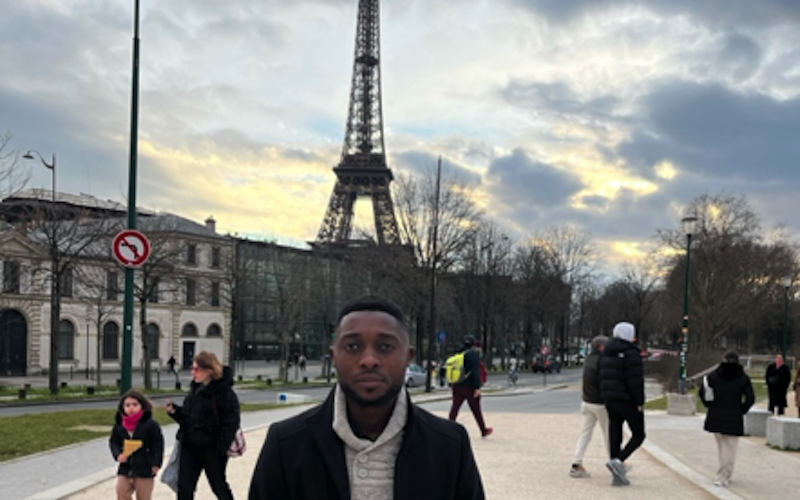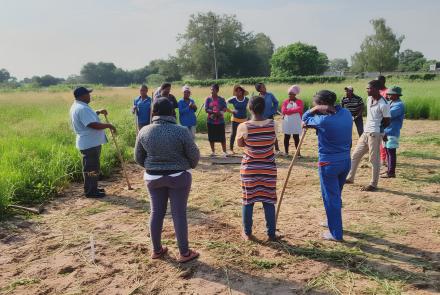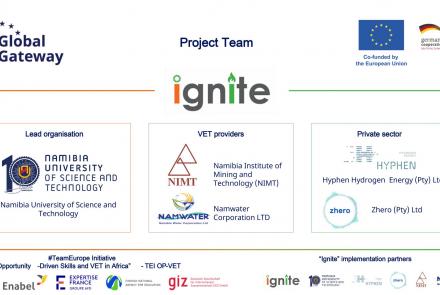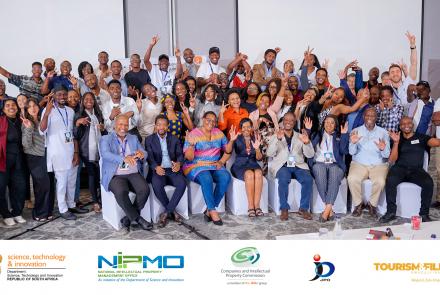UNESCO Chair showcases research activities at AI events in Paris
The UNESCO Chair in Digital Technology Design with Indigenous People at NUST was represented at two major international events in Paris: The Participatory Artificial Intelligence (AI) Research and Practice Symposium (PAIRS) and the 2025 AI Action Summit. The summit brought together global leaders including heads of state, corporate executives, and academics to explore the governance, innovation, and societal impact of AI.
At the PAIRS, Naftali Indongo, a lecturer in the Department of Software Engineering and researcher under the Chair, delivered a talk titled “Designing Responsible AI Systems with Indigenous Communities: A Participatory Approach with Himba and San Communities in Namibia.” He shared insights on community-driven AI design, drawing from three ongoing AI projects with the Donkerbos and Otjisa Indigenous communities in Namibia. Prof Winschiers-Theophilus, the UNESCO Chairholder, emphasised that: “Only through the participation of Indigenous and minority communities in the early design of AI systems can we uphold the UNESCO recommendation on the Ethics of AI and ensure inclusive and responsible AI implementations in Namibia.”
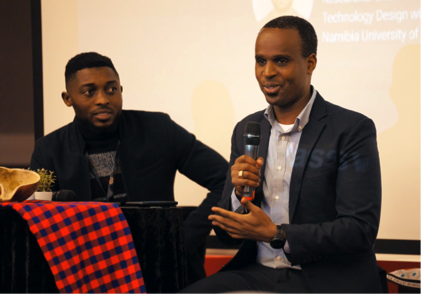
The three ongoing projects highlight the diverse applications of AI:
-
The Himbaverse focuses on developing an AI framework for the cultural validity of digital representations of Ovahimba culture in extended realities.
-
The Smart Hydroponics explores building trust in AI through transparency and agency, enhancing AI-driven agricultural systems with human expertise.
-
The Educational Resilience uses generative AI to create motivational stories grounded in real-life accounts of San youth and traditional wisdom from San elders.
During the panel discussion at the AI Action Summit titled “What Africa Wants: Conversation with Researchers,” the continent’s priorities for AI development were discussed. As a panelist, Mr Indongo concluded, “We need to center African voices in shaping AI technologies, particularly by integrating Indigenous knowledge and supporting the digitization of low-resource African languages for training Natural Language Processing (NLP) systems, co-creating futures that reflect our aspirations.”


